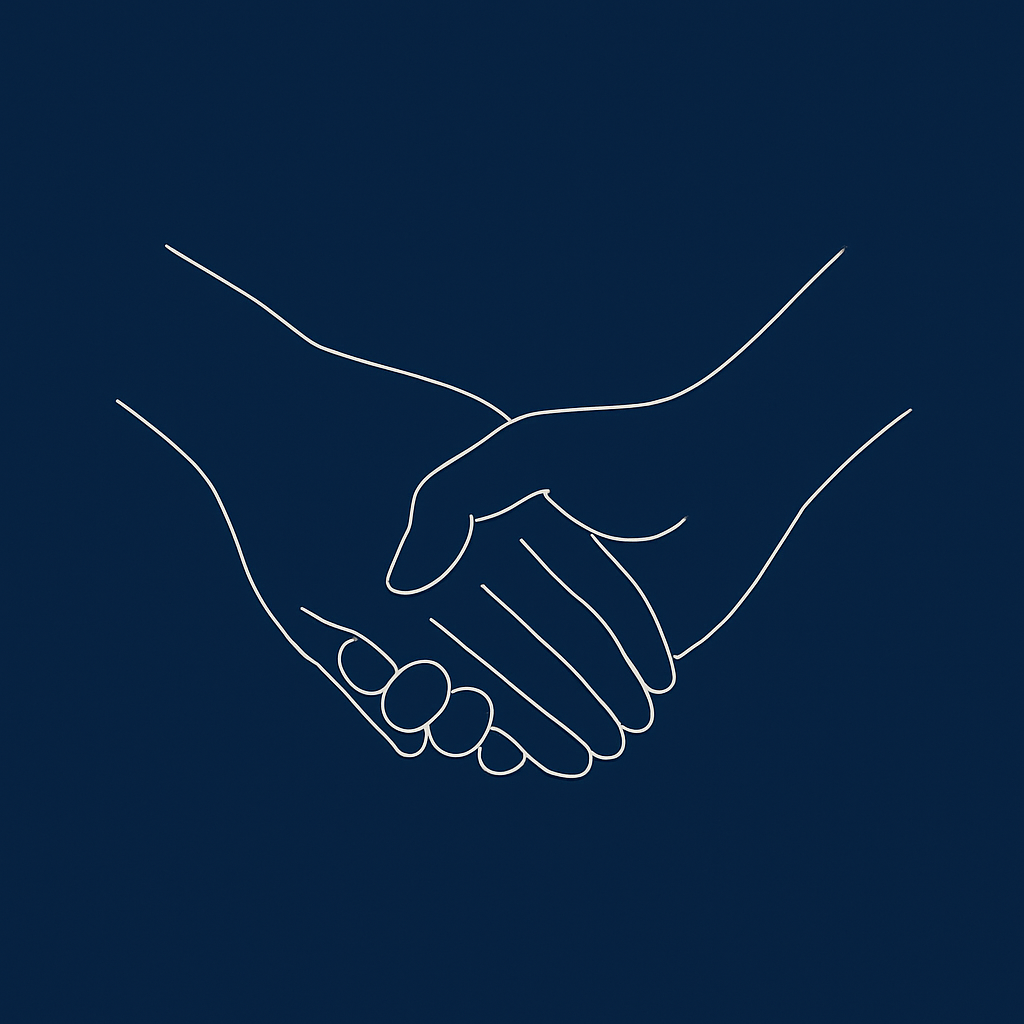Specialties
-

Depression
Depression is a mood disorder that affects thoughts, feelings, and behaviors. It brings persistent sadness, hopelessness, and a loss of interest in once-meaningful activities, along with physical symptoms like disrupted sleep, changes in appetite, or chronic fatigue. It can cloud concentration, foster guilt or worthlessness, and weigh down daily life. Yet within its shadows lies the possibility of transformation. In facing its depths, we learn resilience and discover the strength.
-

Stress & Anxiety
Anxiety is a natural response to stress or perceived threats or anticipation of an uncertain future. When it grows excessive or uncontrollable, anxiety can disrupt daily life, leading to overwhelming worry, avoidance, or even panic. It may show up as a racing heart, restlessness, fear, or a sense of impending danger. When we learn to recognize and work with its energy, anxiety’s chaos can transform into clarity, focus, and fosters growth.
-

Relationships
Relationships are central to our well-being, yet they often bring challenges such as miscommunication, trust struggles, mismatched goals. Issues may appear as conflict, withdrawal, or unmet needs, but at their core they reflect the universal tension between intimacy and selfhood. When navigated with openness and care, relationship struggles can become opportunities to teach us how to balance authenticity with connection.
-

Grief & Loss
Grief is a natural response to loss, whether through death, the end of a relationship, or other major life changes. It can bring sadness, anger, or guilt, along with physical effects like fatigue, changes in sleep, or loss of appetite. While grief is necessary, some may find their grief overwhelming or prolonged. Therapy offers a space to process loss, explore unresolved feelings, and find ways to carry forward love and meaning.
-

Identity
Identity is the evolving sense of who we are: our values, beliefs, and place in the world. At times, this foundation can feel uncertain, leaving us questioning our direction, struggling with self-image, or feeling disconnected from others and ourselves. These challenges often emerge during life transitions, when old definitions no longer fit and new ones have yet to take shape. In exploring who we are we can uncover meaning, clarity, and a more grounded sense of self.
-

Trauma
Trauma is a psychological response to events that overwhelm a person’s sense of safety or control such as abuse, accidents, disasters, or profound loss. In it’s wake it can leave us with intrusive memories, hypervigilance, numbness, or physical distress. While trauma can feel isolating and disorienting, healing begins with reclaiming safety and agency. Therapy aids processing these experiences at a manageable pace, helping individuals restore connection, rebuild trust, and move toward a greater sense of wholeness.